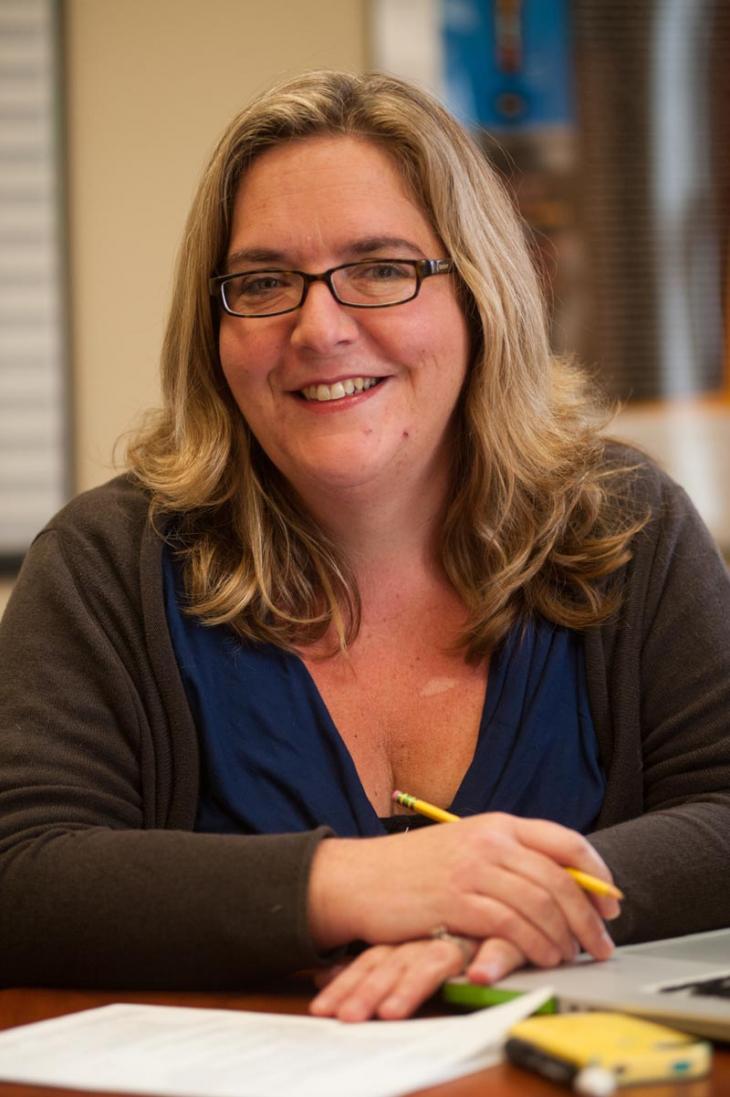Island youth advocates have been awarded major funding to expand services for adolescents at risk.
The Peter & Elizabeth C. Tower Foundation will provide $300,000 per year for two years to the Island Wide Youth Collaborative, a new group formed last year to address substance abuse and mental health services on the Island. The grant will fund case management for adolescents and their families, and provide specialized training to Islanders who work with this population.
The collaboration represents an unprecedented partnership between groups who have historically been disjointed in their efforts to address the needs of the same population of at-risk kids, participants said in interviews this week, though there is a growing need for the services.

“The problem wasn’t just service gaps, the problem was how the service providers were acting with one another,” said Juliette Fay, executive director of Martha’s Vineyard Community Services, which will act as the fiscal conduit for the program. “Kids and families were passed along from one provider to another like a baton in a relay race. We needed to work closer together.”
The group, which is calling itself IWYC for short, consists of representatives from the schools, Community Services, the YMCA, the Youth Task Force and the hospital, as well as private practitioners.
When the group first started meeting in fall 2013, mental health needs of adolescents were significant, but adequate services were not available to meet those needs.
From July 1, 2013 to Jan. 31 of 2014, Community Services documented 36 mental health hospitalizations for adolescents between the ages of nine and 20. During the entire previous fiscal year, there were 23 hospitalizations in that age range.
“Last winter was really tough in all the schools as far as an increase in anxiety in kids,” said regional high school adjustment counselor Amy Lilavois, who helped found the IWYC. “There was a lot of self-harm happening amongst the high school kids, and the rate of kids seen at community services was through the roof.”
She said the conditions “put a fire under” the newly-formed collaborative, and they began to discuss gaps in the care continuum.
“We put together a big sky picture of what we would like to see happen,” she said. “Ideally we wanted to have a centralized intake and wraparound services, and a case manager to oversee everything.”
With the collaborative formed, and funding now available to enhance services, groups can communicate more effectively about who needs help and where they can get what they need.
Off-Island, kids with these needs can get comprehensive services at a day treatment program. No such program exists on the Vineyard, so the IWYC will work to pull services that are available into one comprehensive effort.
“The idea is that if we can provide these wraparound services, hopefully it will decrease the need for kids to go off-Island for hospitalization,” Ms. Lilavois said.
Still, the program will not begin its work in earnest until it has a home, Ms. Fay said. “We need a centralized place for it, preferably somewhere in close proximity to the high school,” she said. The group is still figuring out how to acquire space for the program.
The IWYC originally applied for two separate grants from the Tower Foundation: one to meet substance abuse needs and a separate grant for mental health services.
But the foundation asked instead for a comprehensive application, which would bring the potential for more funding. In early October, the IWYC learned they would receive double the funding they had applied for.
“They were satisfied that as a community, and as a community response to the gaps in services, this was a really great project,” Ms. Fay said.
If the program meets the goals set out in the application, the grant will be extended beyond two years, she said.
Referrals to the IWYC can come from anybody in the community, Ms. Fay said. Once an adolescent is assigned a case manager, their service plan will be tailored to their needs. Services might include individual and group counseling and family support.
In addition to providing direct services to adolescents, the grant will also pay for Island clinicians to receive specialized training in fields like eating disorders and self-injury. Then, case managers can connect youth with clinicians who have received specialized training.
Adolescent counselor Joan Rice said she was eager to participate in training opportunities. She hailed the collaborative effort as an essential step which would bring therapy out of isolation and integrate it into adolescents’ regular lives, reducing the stigma attached to it.
“When you are an adolescent, the last thing you want to feel is different and inadequate,” she said.
The advisory board for the Youth Task Force, a group which promotes healthy behaviors among youth, will oversee the IWYC.
Youth Task Force coordinator Theresa Manning said the collaborative represents a really big change for the community.
“It will have a huge impact on the health of our kids and their families,” she said.
“I have never seen these agencies so willingly come to the table and make the commitment that everybody is a partner in this and that we are all in it with the same objective, to work together to plug in the gaps,” Ms. Manning continued. “It’s very powerful to see the organizations that have been working in isolation developing this plan together.”
The Youth Task Force will align their programming with needs identified by the IWYC. The YMCA will also fill an advisory role, providing space for programs and training its staff in specific mental health areas.
Jill Robie, executive director of the YMCA of Martha’s Vineyard, said initial talks between the various groups revealed that each was dealing with the same kids and families, just in different contexts. “In the past, these three organizations handled each kid independently of one another,” she said. “We want to all work together in helping [each adolescent} in all phases of his or her life.”




Comments (3)
Comments
Comment policy »